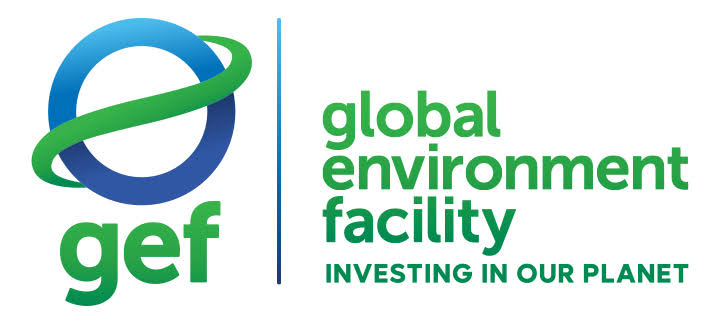323
By Agnes Nwankwo
Journalists from low- and middle-income countries – which bear the brunt of climate impacts and are targeted recipients of GEF investments – to cover the Seventh Assembly of the Global Environmental Facility (GEF), keeping their home audiences informed about environmental financing and governance.
With the support of EJN mentors, fellows will report on these high-level decisions, interview experts to learn how outcomes will affect their countries’ policies and priorities and affect local communities.
The Global Environmental Facility (GEF) is a multilateral environmental fund that provides funding to assist low- and middle-income countries in meeting the objectives of international environmental conventions such as the Convention on Biological Diversity (CBD), United Nations Framework Convention on Climate Change (UNFCCC), Stockholm Convention on Persistent Organic Pollutants (POPs), UN Convention to Combat Desertification (UNCCD), and Minamata Convention on Mercury.
Since its establishment in 1991, the GEF has enabled environmental action by providing over $22 billion in grants and blended finance. Some of the GEF funding projects include the Least Developed Countries Fund (LDCF), which helps safeguard water resources, agriculture and food security, health, disaster risk management and prevention, infrastructure and fragile ecosystems. The GEF’s new climate adaptation strategy for the 2022-2026 period will support the adaptation needs of small island developing states (SIDS), and support countries to adopt climate-resilient technologies and adaptation solutions.
This fellowship to the GEF’s Seventh Assembly, which will be held from August 22-26 in Vancouver, Canada, will strengthen journalists’ capacity to cover real-time changes to global environmental and climate financing instruments and their implications.
The Assembly is the governing body of the GEF that includes representatives of all 185 member countries and is responsible for reviewing and approving proposed amendments to the GEF’s general policies, operations, and documents such as the Instrument for the Establishment of the Restructured Global Environment Facility.
To be eligible for the fellowship, the applicant must:
Be a professional journalist from or representing an established media house from a low- or middle-income country.
Have previous experience reporting on environmental issues. Experience covering climate and environmental financing is a plus.
Have good command of the English language.
Be available to arrive in Vancouver by August 21, 2023 and commit to staying to cover the full week of the Assembly and participate in all fellowship activities.
Provide a letter of support from an editor or media outlet, committing to publish or broadcast any stories produced as a result of this fellowship. This is expected of both staffers and freelancers.
Submit recent, relevant samples of their journalistic work, which can be uploaded as documents or web links. Work samples can be in any language as long as they are accompanied by a short English synopsis.
Journalists can be of any age, but preference will be given to youth journalists (age 35 and under).
Note: You’ll be asked to upload these supporting documents once you start the application process, so please have them handy.
EJN reserves the right to disqualify applicants from consideration if they have been found to have engaged in unethical or improper professional conduct.



